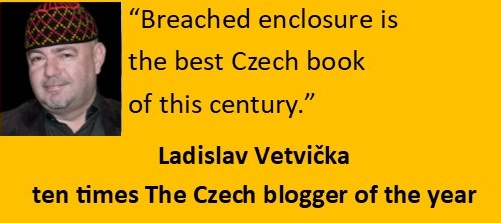On debates about how to push for social change. What are described in history as visible revolutionary ruptures (for example, the fall of the Bastille in the French Revolution or the capture of the Winter Palace in the Bolshevik Revolution) are essentially just signs that a power shift had already taken place. Someone has weakened, someone has strengthened, and the strong take what is in their power.
And who is stronger? The one with more money? I’m afraid it’s easier to control the banks than anyone admits. The one who orders the secret police? Even that may change, because the leadership of the secret police is protecting its own interests first and foremost. The media? But who will control the media in a few years?
Do you want change? Then work on being the ones who are more organized, more determined, with better logical thinking, better knowledge of science, and better knowledge of psychology.
Those who are more focused, more intelligent, better organized, have better logical thinking, can better assess the situation and react better will win. Those who can build stronger networks of contacts. Those who are able to cope in new situations. They have more resources at their disposal. It is usually the case that those who hold the big money, the media and the big political power can buy all this. But we are in a situation where the ruling structure is beginning to collapse through its own incompetence. Do you want change? Then work on being the ones who are more organized, more determined, with better logical thinking, better knowledge of science, and better knowledge of psychology. That will determine future change. Not the racket in the town square.
Masaryk, the first president of the Czech Republic, said that in the end ordinary everyday work always decides.


